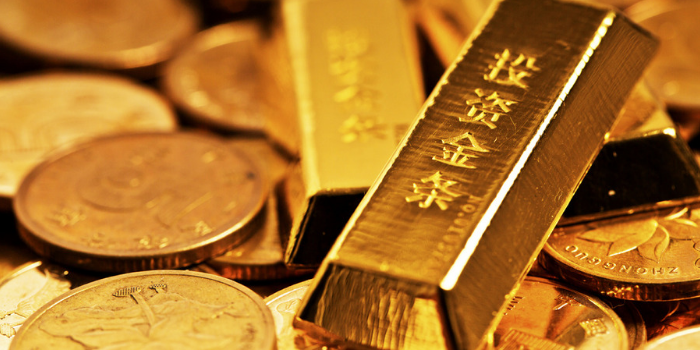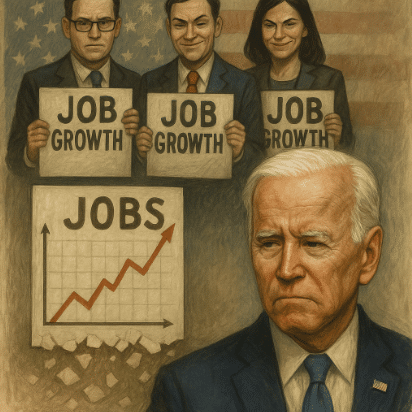
Government Gold Manipulation is the Only Thing Suppressing Skyrocketing Prices
In recent years, there’s been a lot of speculation that governments have been manipulating gold prices.
Is such a thing even conceivable from a standpoint of “reason” (versus, say, “conspiracy theory”)?
Whether you believe it or not, you’d have to ask what would motivate a government to “fraudulently” suppress an asset whose relevance, at least in the eyes of the majority of the investing public, has long faded.
Perhaps the notion of gold’s irrelevance is itself a “fraudulent” thought, one easily sold by governments who contradictorily think otherwise.
According to Frank Holmes, CEO of U.S. Global Investors, China’s government is actively manipulating gold in their markets by “spoofing” during holidays when markets are thin and illiquid.
Chinese traders, at the behest of the State, would flash massive sell orders, creating the impression that big sellers are positioned to plunge the gold market.
This would prompt a large volume of buyers to begin placing bids simultaneously, causing the gold market to come crashing down.
Now, why would the Chinese government want to suppress gold prices?
China has recently become a major gold buyer. Therefore, suppressing gold prices in relation to their currency would allow the government to continue scooping up more gold at discount prices.
A reasonable speculation? That’s for you to decide. A practical strategy? That’s something a bit more difficult to deny.
But here’s something else to consider: the world’s gold trading hub is no longer in London. It’s in China.
As gold has been a central focus in the Chinese economy, gold investors around the world would be wise to pay close attention to gold in China, from their massive purchases to their alleged manipulations.
China is not the only government or entity accused of manipulating gold prices--the Bank of International Settlements (BIS) also stands in the limelight of scrutiny.
Now, what motivation would the BIS have to keep the yellow metal down?
Approximately 60 central banks clear through the BIS. According to Holmes, it’s in the BIS’s best interest to suppress any competing currencies--such as the likes of gold and, more recently, Bitcoin--that threaten their long-standing operations.
This is not dissimilar to the aims and motivations of other governments across the globe.
For instance, the US (and other governments as well) has long suppressed gold to uphold the value of its own local currencies by selling “paper gold.”
Many of these governments cannot sell physical gold, but they can flood the markets with “claims” on physical gold, enough to drown market demand with sufficient promissory supply.
It’s an easy sell, for how many investors do you personally know who purchase shares of gold ETFs or even worse, gold ETNs (exchange traded notes), to satisfy their demand for gold exposure, whether such paper assets are backed by the real thing or not?
A significant characteristic of physical gold’s intrinsic value is its rarity or limited supply. Limited supply is an important characteristic that gives “money” its value.
And the gold standard once guaranteed the value of paper currency by backing it up with metals of limited supply, namely gold.
Without it, perceived value and intrinsic value undergo a fundamental split, as we have today.
To allow the perceived value of paper gold to undermine and suppress “real” value is to commit an operational fraud.
But this legalized fraud has long stood as the basis of modern day monetary policy.
Eventually, fundamental reality will have its reckoning, as you cannot run a real economy based on the perception of supply and demand.
The main point is that these fraudulent practices and policies that governments and major banks have imposed to suppress gold prices are the only factors that have kept gold from skyrocketing.
I don’t know about you, but when it comes to gold and real monetary value, I would rather be on the side of reality than fiction.










